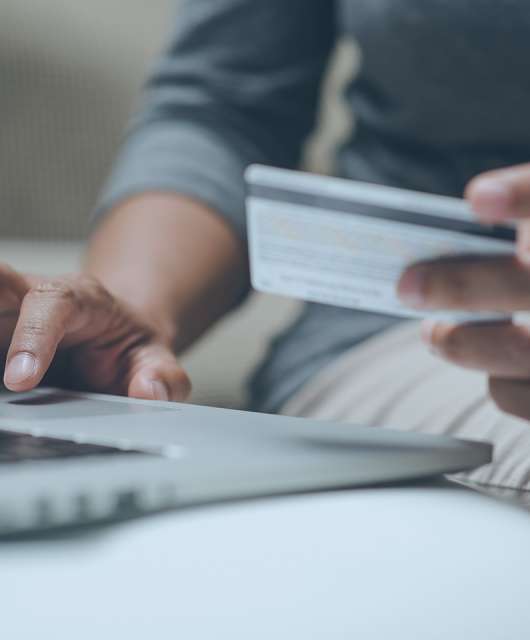Investors of all sizes have been getting more involved with cryptocurrencies over the last ten years. The beginning of the Covid 19 pandemic was also the mark of significant overall growth for most top virtual currencies. Known for its volatility, crypto-money has been attracting investors who have been riding the crypto market’s ups and downs over the years.
Seasoned crypto traders are generally tech-savvy and have specific tech skills that help them keep their assets safe. However, crypto has been going mainstream over the last two years. As a result, people from all backgrounds and industries are starting to make their first steps into the new space by converting fiat money and real estate assets into virtual money. And these are the type of investors that often end up being targeted by cybercriminals as they are most likely to make security mistakes.
Reputable crypto trading platforms often have sophisticated measures to prevent the theft of crypto or information. They also offer healthy-level reserves, great banking relationships, and overall stability. However, while regular banks holding your cash often carry some type of insurance over your funds, crypto exchanges platforms rarely offer such services. If a hacker makes its way into your account, or if you mistakenly send money to the wrong account, your money is likely gone forever. Similar types of crimes happen in centralized banking too, but investing in crypto can be a tad bit riskier.
Over the years, government agencies have certainly stepped up on their crypto crime enforcement practices. From local police to multiple federal government agencies, government authorities have been able to help victims. Federal regulations have made that possible as transactions on most cryptocurrencies are not anonymous nor untraceable. Those transactions stay in the blockchain forever.
After years of work and regulation implementation, crypto holders now have to disclose personal identity if they want to have wallets on major trading platforms. However, things can get a bit tricky if funds from a wallet that belongs to someone in the USA end up in a wallet that belongs to someone in a foreign state that is not in a great relationship with the USA. Even though the stolen virtual money is traceable, retrieving it back might be impossible.
The crypto space has improved over the years, but it is safe to say that the wild west rules still apply. Hackers are eagerly looking for ways to exploit any vulnerabilities that could potentially give them access to crypto assets. They are constantly looking for loopholes in the blockchain technologies of different cryptocurrencies. They also look for potential pitfalls of crypto-trading platforms, and they actively search for security-compromising mistakes made by individuals who own virtual money. According to Chainalysis, a blockchain analytics firm, hackers managed to steal more than $14 billion last year alone. This is almost an 80% increase from 2020.
Your crypto assets are as safe as you want them to be. Unfortunately, Crypto scams will likely continue to be on the rise. There are many ways that an investor can accidentally let the hackers in – those include phishing, social engineering, ransomware, romance scams, cryptojacking, SIM swapping, etc. Hackers can be creative. One of the ways to avoid becoming a victim is to have antivirus software installed on all your connected devices. The more layers of security you have, the harder it will be for criminals to steal the information they need to access your portfolio of virtual money.








